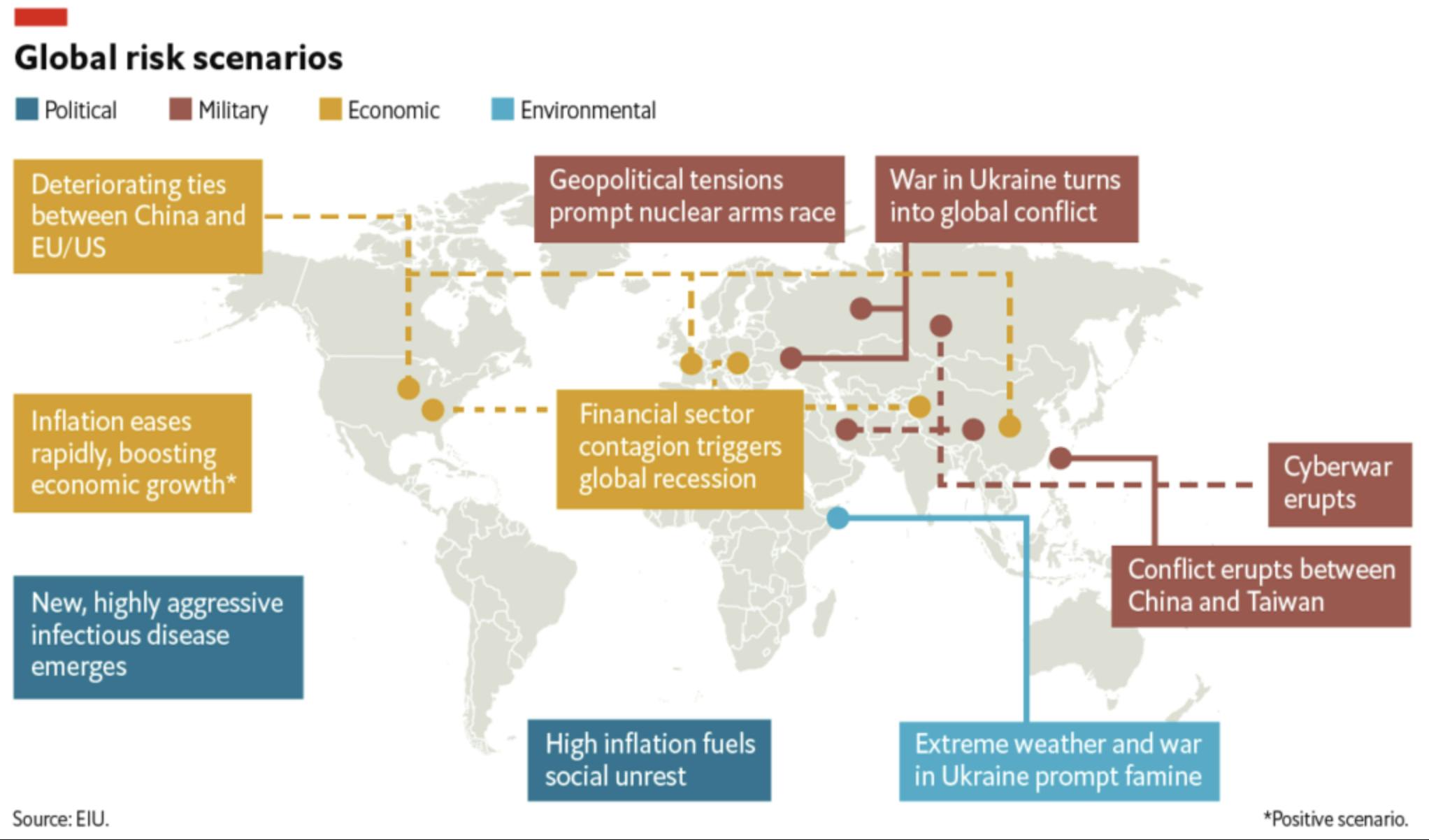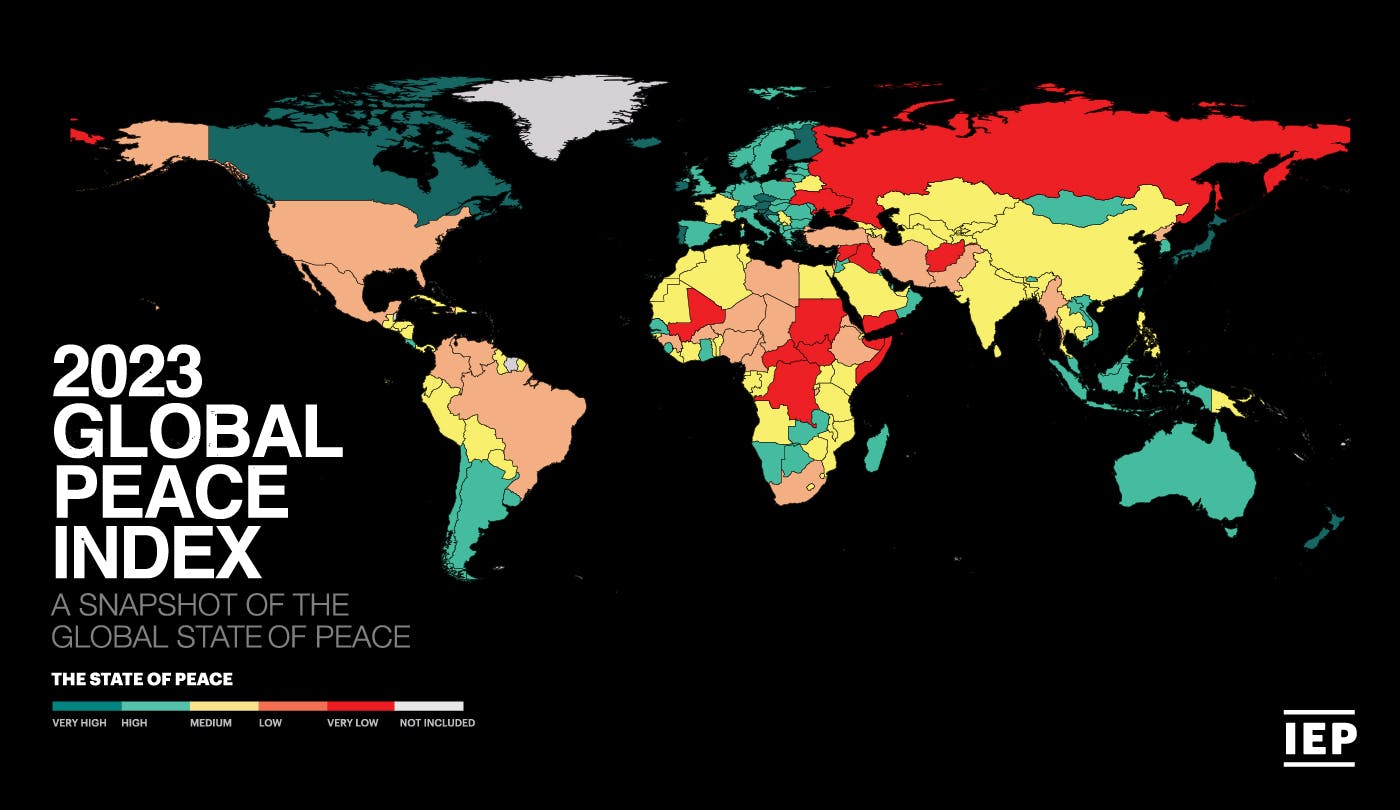In the shadows of the ongoing conflicts in Ukraine and Israel, an often overlooked dimension might be: the universal and echoing impact on small businesses, both within conflict zones and globally. As sociological explorations investigate into the world of macro-level disturbances, the intimate stories of entrepreneurs, grappling with shattered economic landscapes, emerge with a critical need for global awareness and proactive initiatives.
1. The ripple effects on small enterprises: A sociological inquiry
The sustained conflicts in Ukraine and Israel have permeated layers beyond geopolitical strains, insidiously affecting microeconomic environments. Small businesses, notably, bear a disproportionate brunt. According to the International Crisis Group, the economic fallout from such conflicts imperils local economies, affecting employment, productivity, and societal stability.
Take, for example, an observational report by The Guardian detailing how local businesses in Kyiv, Ukraine, have transitioned from booming enterprises to conflict-responsive entities, battling not only economic despair but an existential crisis. Similarly, entrepreneurs in Israel navigate a perplexing duality of sustaining business amidst persistent threat and turmoil.
2. The global consequence: An interconnected dilemma
In an era defined by globalization, the repercussions of regional conflicts traverse borders, affecting global supply chains, prices, and market stability. Small businesses worldwide grapple with fluctuating costs, disrupted supply lines, and an uncertain economic future, underscoring the universal vulnerability intrinsic in our interconnected markets.
As identified by The World Bank, the cascading effects of geopolitical tensions on global economic health are irrefutable, thereby necessitating an amalgamated approach towards mitigation, preparedness, and recovery across the entrepreneurial ecosystem.
3. The pathway forward: Imagining a future resilient in solidarity
Amidst the economic and social turbulence lies an imperative for unity, assistance, and a reevaluation of entrepreneurial frameworks. Moving towards a resilient future entails:
- Humanitarian assistance: A coordinated global effort to provide aid and relief to afflicted regions, thereby stabilizing local economies and sustaining small businesses.
- Global cooperation: Enhanced international collaboration to navigate through the economic ripples, ensuring that supportive mechanisms are deployed to safeguard small businesses worldwide.
- Innovation and adaptability: Harnessing technological advancements and adopting innovative business models to negotiate the challenges posed by conflict-driven economic disruptions.
- Community-led initiatives: Fostering an environment where communities rally to support local businesses, thereby bolstering social and economic stability.

Preparing and protecting entrepreneurs: A global responsibility
The crafting of a future that ensures safety, prosperity, and stability for entrepreneurs, even amidst geopolitical upheaval, requires an intertwined approach: blending socio-economic understandings, technological foresight, and a deeply embedded spirit of global solidarity.
As underscored by Dr. Ilan Berman of the American Foreign Policy Council, "The protection of local economies and, by extension, the global market, is not merely an economic imperative but a safeguard against the perpetuation of conflict and instability."
4. Conclusion: A journey of collective resilience
While the conflicts in Ukraine and Israel present daunting challenges, they also unfold opportunities for global cohesion, shared resilience, and the redefinition of entrepreneurial norms and supports. Through collective actions, global and community partnerships, and a steadfast commitment to safeguarding and uplifting small businesses amidst crises, we forge a path that is not only responsive to the present but is anticipatory of the future, ensuring sustainability, prosperity, and peace in the entrepreneurial realm.
If you Google ”the impact of the ongoing wars on small business”, you will find quite the amount of articles. This could be, on one hand, worrying, but on the other give hope, because people are indeed talking about it and trying to find solutions and ways to surf on this scary, unpredictable wave.
One of the examples could be this one, from KPMG that talks about The Economic Impact of the Russia-Ukraine War
Blog cover photo source - https://www.visionofhumanity.org/conflict-trends-in-2023-a-growing-threat-to-global-peace/
Peace cannot be kept by force; it can only be achieved by understanding.


